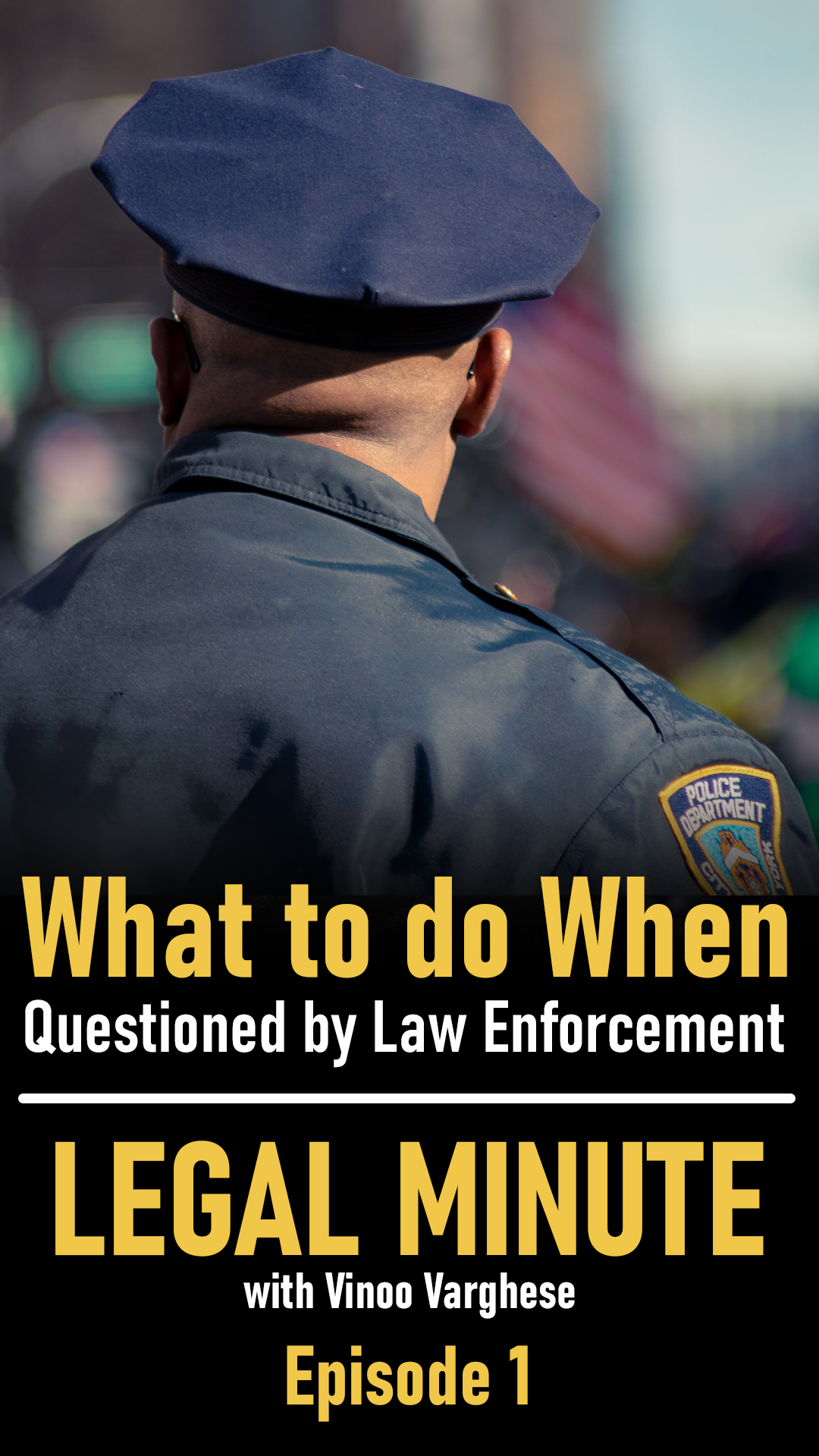
An arrest occurs when a police officer takes an individual into custody, which means the individual is not free to leave. Most arrests result in the suspect being taken to jail, but can start much earlier, such as when an officer begins questioning. An officer may only arrest a person if:
- They see the person commit a crime
- They have probable cause to believe that the person has committed a felony
- They have an arrest warrant issued by a judge or magistrate with probable cause
After An Arrest: The Dos
On This Page
Invoke your rights. State and federal law give you the right to remain silent and the right to speak with an attorney. Even if the arresting officer did not read you your rights, you are still allowed to keep quiet until your lawyer is present. These rights can go a long way toward protecting your freedom, but they only work if you choose to use them.
Get the right help. Navigating criminal charges without an attorney is like trying to build a house without a knowledgeable contractor. After an arrest, you or your loved one probably feel frightened, confused and overwhelmed. But acting swiftly to secure representation from a qualified defense team can help you regain some control and begin fighting for your future.
After An Arrest: The Don’ts
Don’t resist or use force. Even if your arrest is unjust or illegal, using force to resist can result in additional charges, including battery against a police officer. It may be tempting to fight on the street or in the police station, but it is much more effective — and safe — to fight for yourself in court.
Don’t waive your rights. At some stations, officers might ask an arrestee to sign a waiver of their Miranda Rights before giving a statement. This is rarely a good idea, as it takes an important tool away from your defense attorney down the road.
Don’t forget: The police are not your friends. Officers use a wide variety of tactics to get people to talk. They may tell you it’s the easiest way out, or they may act like they are interested in getting your side of the story. However, in our years of experience, we have never witnessed a situation where an arrestee was released after telling their side of the story to the police. Anything you say can become evidence that is used against your in your case. Whether you believe you are innocent or not, talking about the details of the allegations can only hurt you.
Shut Your Mouth, Then Call Vinoo
The police and prosecution speak their own language. It’s important to arm yourself with an advocate who speaks it, too. Vinoo Varghese began his prestigious career as a New York prosecutor. He knows what tactics the opposition will use to undermine your defense — and how to fight those tactics and secure the best possible result for you.
When you find yourself in legal trouble, it’s easy to remember what to do: Shut your mouth, then call Vinoo. To speak with a member of our experienced criminal defense team, call 212-430-6469 or contact us online.
Listen to our Legal Minute segment covering what to do when questioned by the police.

